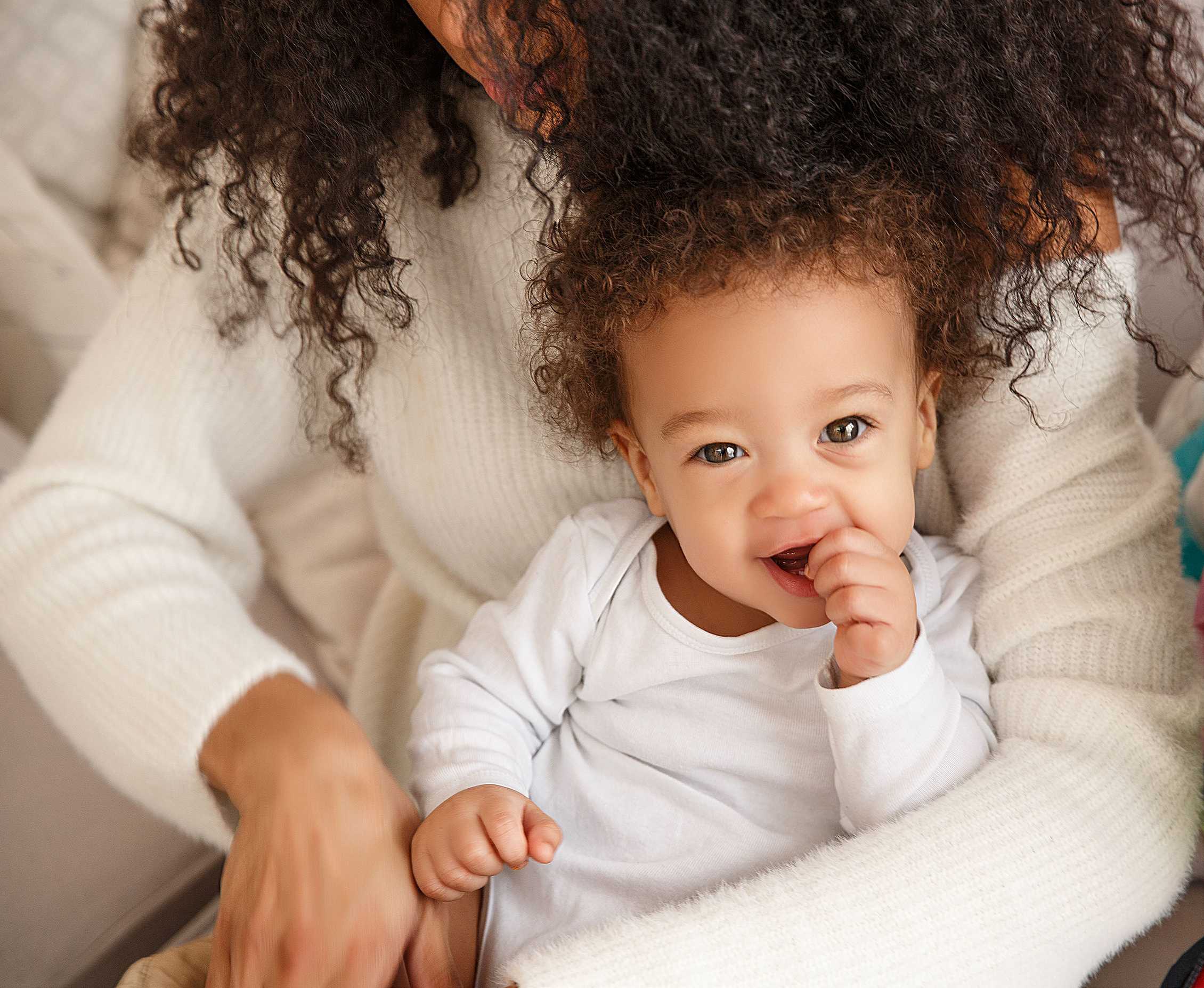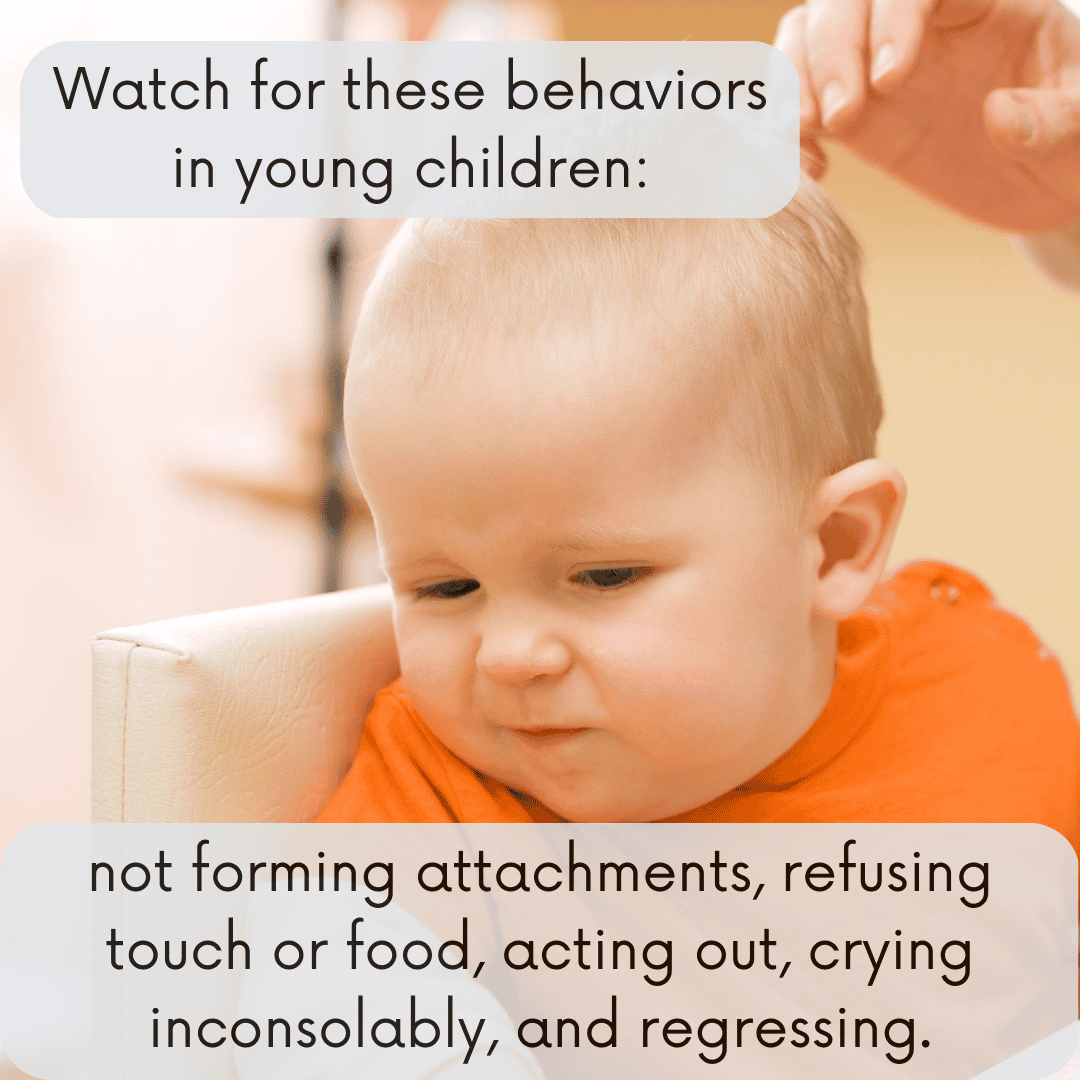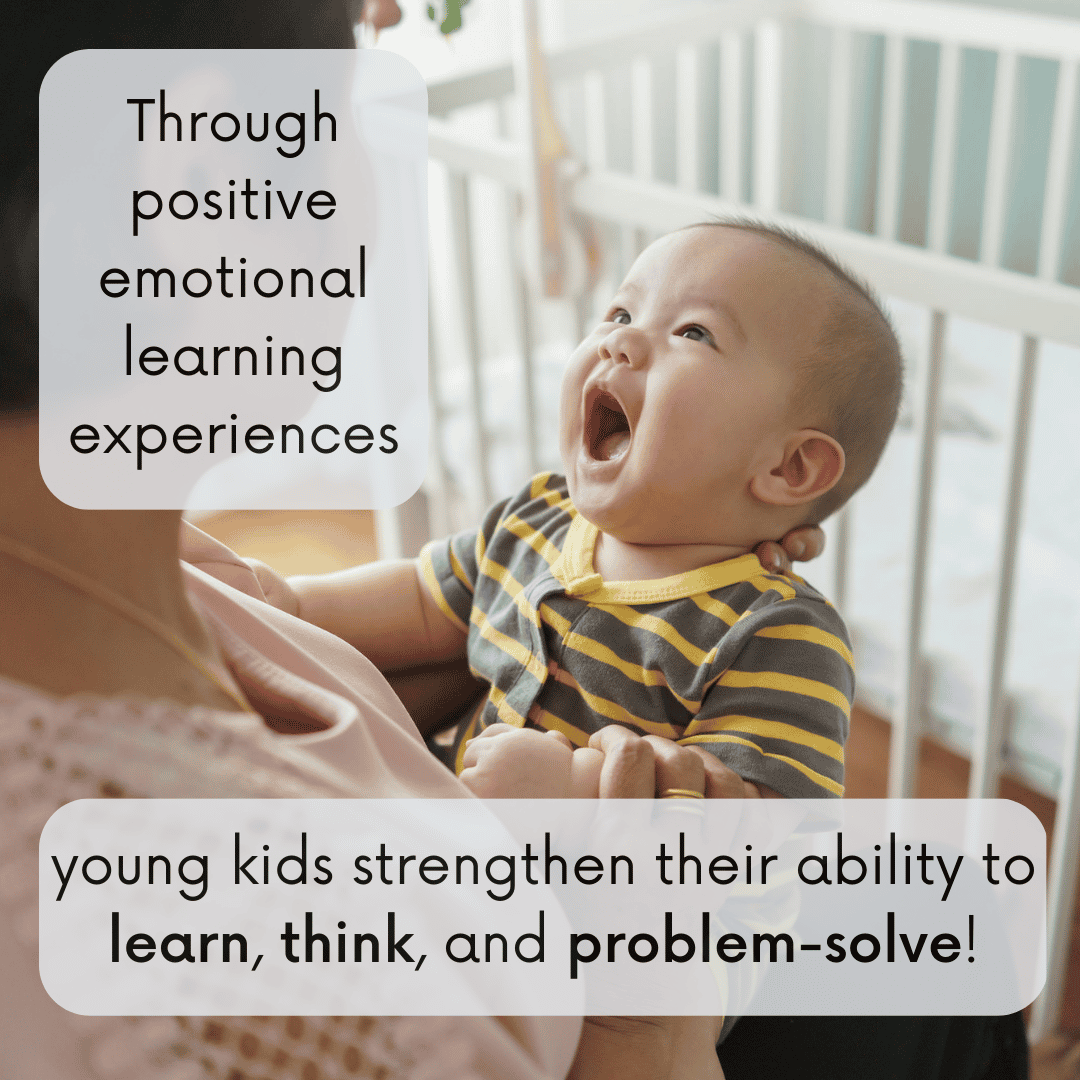
EdSurge recently reported on the negative impact of the past few years on toddlers’ and infants’ mental health. I agree wholeheartedly that much has been reported on older groups of children and teens, but there hasn't been as much focus on very young children – including infants and preschoolers.
As Meghan Schmelzer, senior manager of infant and early childhood mental health at the nonprofit Zero to Three was quoted in the article, “We like to say that the social-emotional health [and] mental health of little ones is all our jobs — anyone who touches the life of a child — because of the fact that brain development is so rapid in the prenatal-to-3 space of life. We can see the huge consequences when things don’t go right in the first three years of life.”

The article goes on to explore mental health issues through exhibited behaviors, such as: not forming attachments, refusing touch, refusing food, acting out, crying inconsolably, and regressing with potty training.
Correctly, the article shifts its focus to caregivers, as caregivers are the ones who model and guide children through their emotional experiences.
Given children are born ready to learn and optimal learning happens within the context of responsive relationships, at Housman Institute, we focus on supporting the caregiver in addressing their own emotionality so they can best support, model and guide the child from birth to identify, understand and manage their emotions and those of others. Also, there’s the old oxygen mask rule — a parent or educator must first address and manage their own emotions before they’re able to do so with a child.
The brain is developing at record speed during the first few years of life with one million new neural connections forming every second. Positive emotional learning experiences strengthen the neurological connections within the prefrontal cortex–the brain’s epicenter of executive function. There is a direct link between emotions and learning. Strong emotional skills build strong cognitive skills.

Housman Institute promotes educating teachers, parents and caregivers about how important emotional intelligence is to learning and that it must be prioritized above all other learning – an emotionally dysregulated child cannot learn.
Equally important is parents’ and caregivers’ mental health. The past few years have increased everyone’s stress and anxiety levels–with many grieving the loss of a loved one, and children are constantly observing and absorbing these emotions.
Caregivers and parents should first recognize the important role they play in children’s lives and recognize that a child’s mental health begins with their own mental health. So take a minute for some deep breathing, talk therapy, a walk, or whatever it is that you may need to present the healthiest version of yourself to your children.
And remember – no one is perfect. We all have good days and bad days, so cut yourself some slack! As long as you’re actively aware and trying to manage your own emotions for yourself and for your children, everyone can lead emotionally healthier lives.
These Posts on children's mental health
Housman Institute, LLC
831 Beacon Street, Suite 407
Newton, MA 02459
info@housmaninstitute.org
(508)379-3012
Explore
Our Products
Legal
Connect
Contact
Join our Mailing List!
Subscribe to receive our newsletter, latest blogs, and ECSEL resources.
We respect and value your privacy.
No Comments Yet
Let us know what you think